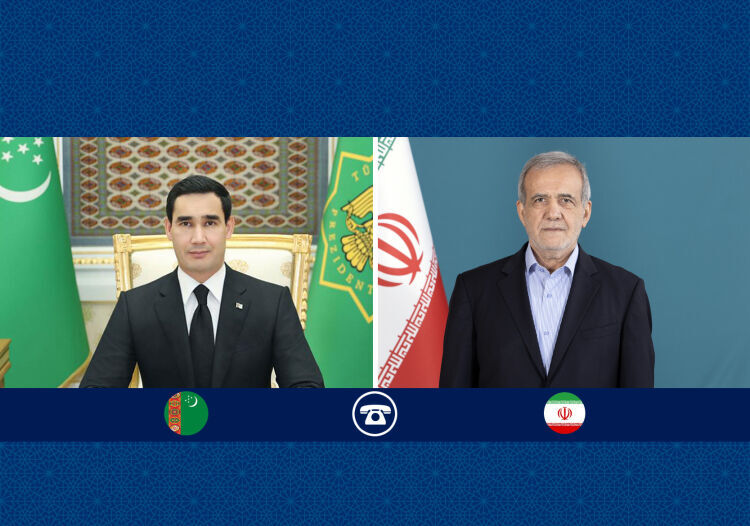
Similar Posts
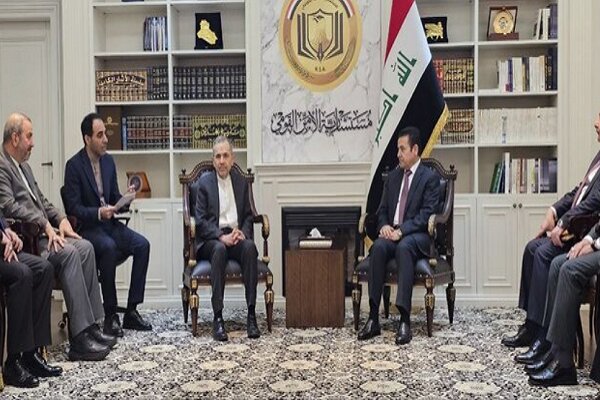
Iran and Iraq Call for Strengthened Ties to Counter US-Israel Schemes
In a recent meeting in Baghdad, Iranian diplomat Majid Takht Ravanchi and Iraqi Council Speaker Mandalawi emphasized strengthening bilateral ties, particularly in trade, amid rising global tensions. They advocated for the exchange of official delegations to activate the Iran-Iraq Joint Friendship Committee and condemned Israeli violations against Palestinians and Lebanese. Mandalawi opposed a controversial US-Israeli plan to displace Gazans, urging Arab nations to act decisively. Iranian Foreign Minister Abbas Araghchi also called for a united Muslim response to support Palestinian rights. The discussions highlighted the need for enhanced security cooperation between Iran and Iraq to ensure regional stability amidst ongoing humanitarian crises.
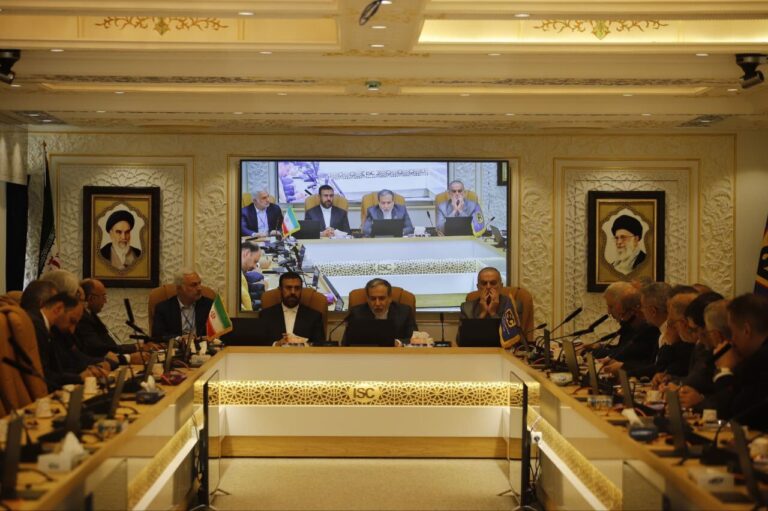
Araqchi Highlights Foreign Ministry’s Crucial Role in Boosting Foreign Trade
Iranian Foreign Minister Abbas Araqchi emphasized the importance of improving Iran’s foreign economic relations during a conference on provincial economic diplomacy in Shiraz. The event gathered Iranian ambassadors from Gulf countries, provincial officials, and deputy foreign ministers to discuss strategies for strengthening ties with neighboring nations. Ambassadors presented updates on regional developments and bilateral relations. Araqchi urged enhanced communication with provincial officials, engagement with chambers of commerce, and collaboration with free trade zones in southern provinces. He stressed the need to overcome existing challenges to bolster Iran’s diplomatic and economic connections with Persian Gulf countries, highlighting the Foreign Ministry’s pivotal role.
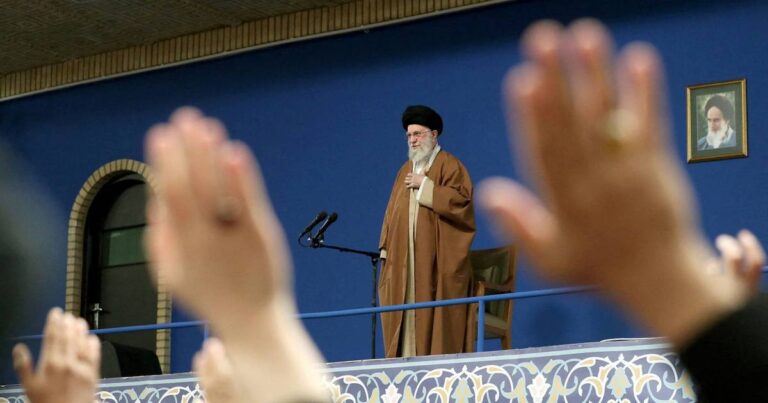
Khamenei Draws on Sacred History to Endorse ‘Temporary’ US Agreement
Iran’s Supreme Leader, Ali Khamenei, has indicated a potential openness to nuclear negotiations by drawing historical parallels with the second Shia Imam, Hasan ibn Ali. During a recent gathering, Khamenei emphasized strategic patience, referencing Imam Hasan’s controversial peace treaty with rival Mu’awiya as a tactical move to protect long-term interests. This marks a shift from Khamenei’s earlier dismissal of U.S. engagement, suggesting a more pragmatic approach while acknowledging internal dissent among hardliners. His remarks highlight the delicate balance he must maintain within Iran’s political landscape as nuclear discussions progress amid external pressures and historical context.
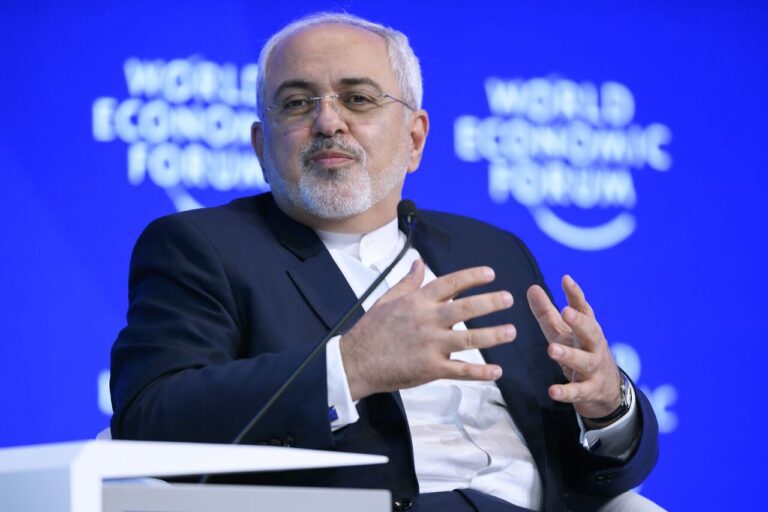
Zarif Asserts Iran’s Strategic Self-Reliance: Nuclear Ambitions Not the Path Forward
Iran’s Vice-President for Strategic Affairs, Mohammad Javad Zarif, rejected claims that Tehran’s defense policy is focused on nuclear weapons, describing such views as misunderstandings of Iran’s strategic objectives. In an article, he emphasized that Iran’s deterrent strength relies on self-sufficiency and advanced military capabilities, dismissing narratives of a nuclear shift as overly simplistic. He highlighted the significance of historical resilience and strategic self-reliance in Iran’s defense policy. Zarif called for global accountability, urging analysts to focus on the destabilizing actions of the Zionist regime instead of framing Iran as a nuclear threat.
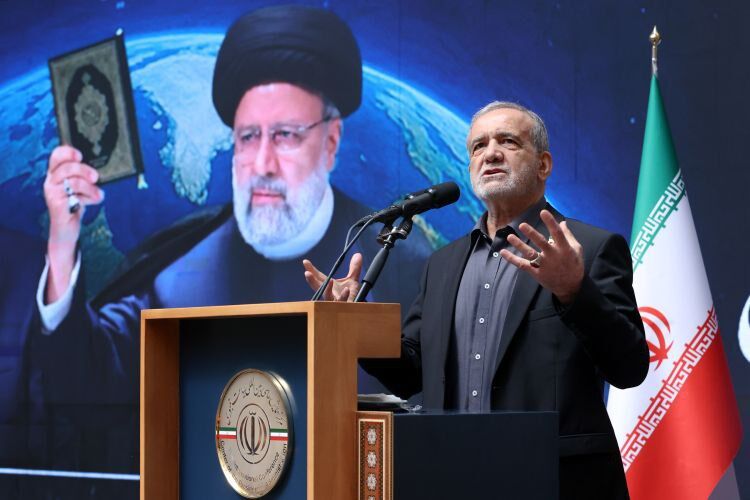
President Pezeshkian Calls on Muslims to Stand Against Oppression and Injustice
President Masoud Pezeshkian criticized those who remain silent about Israeli crimes against Palestinians, especially in Gaza, during a recent address. He called for Muslim nations to unite against oppression and protect the defenseless, condemning the indiscriminate killings of Palestinian women and children. Pezeshkian urged Muslims to reflect on their commitment to Islam and humanity if they stay silent. His remarks were part of an international conference honoring the late President Ebrahim Raisi and emphasizing governance based on rights and justice. He also dismissed allegations from U.S. President Donald Trump, asserting that Iranian officials focus on serving the nation.
